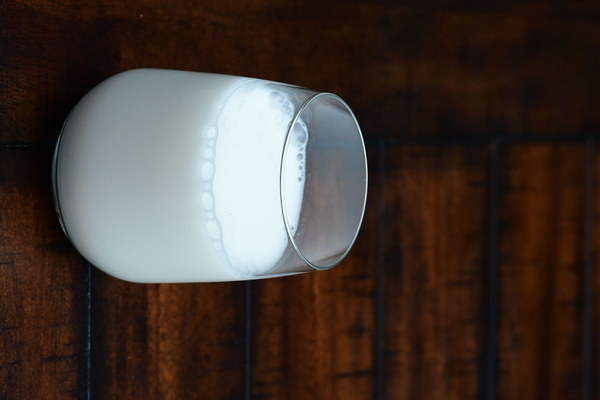Busting the Myths The Truth Behind Sea Cucumber as a Health supplement
The health benefits of sea cucumber have been long hailed, with many believing that this marine creature is a superfood that can boost immunity, improve digestion, and even reverse aging. However, recent studies have cast doubt on these claims, prompting a reevaluation of the role of sea cucumber in traditional Chinese medicine and modern health practices. Let's delve into the facts and myths surrounding sea cucumber as a health supplement.
Myth 1: Sea Cucumber is a Panacea for All Diseases
Reality: While sea cucumber is often praised for its health benefits, it is not a magic bullet that can cure all diseases. The idea that consuming sea cucumber can reverse aging, boost the immune system, and treat various ailments is largely unfounded. Sea cucumber contains certain nutrients like proteins, minerals, and omega-3 fatty acids, which can contribute to overall health, but they do not possess miraculous healing properties.
Myth 2: Sea Cucumber Boosts Immunity
Reality: Sea cucumber does contain some immune-boosting nutrients, such as selenium and zinc. However, the amount present in sea cucumber is relatively low compared to other foods rich in these nutrients, like nuts, seeds, and seafood. Therefore, relying solely on sea cucumber to boost your immune system may not be as effective as a balanced diet that includes a variety of nutrient-rich foods.
Myth 3: Sea Cucumber is a Natural Detoxifier
Reality: Some proponents of sea cucumber claim that it has detoxifying properties, suggesting that it can help remove toxins from the body. While sea cucumber may have some detoxifying effects due to its high water content and fiber, it is not a substitute for proper detoxification protocols, which often involve lifestyle changes and targeted dietary interventions.
Myth 4: Sea Cucumber Improves Digestion
Reality: Sea cucumber contains a substance called chondroitin, which is believed to aid digestion. However, the amount of chondroitin in sea cucumber is not sufficient to significantly improve digestive health. For those suffering from digestive issues, a balanced diet and medical advice are more effective solutions.
Myth 5: Sea Cucumber is Environmentally Sustainable
Reality: The demand for sea cucumber has led to overfishing and environmental degradation in some regions. While some conservation efforts are being made, the rapid harvesting of sea cucumbers for the health supplement market is a serious concern. Consumers should be aware of the ecological impact of their choices and opt for sustainably sourced sea cucumber products whenever possible.

Conclusion
While sea cucumber does offer some nutritional benefits, it is not the miraculous health supplement that many believe it to be. It is important to approach health claims with a critical mindset and not rely on anecdotal evidence or unfounded myths. A balanced diet, regular exercise, and a healthy lifestyle are the pillars of good health, and while sea cucumber can be a part of a well-rounded diet, it should not be considered a substitute for medical treatment or a magic solution to all health issues.
In conclusion, the hype surrounding sea cucumber as a health supplement is largely based on myth rather than scientific evidence. It is crucial to separate fact from fiction and make informed decisions about our health and dietary choices. Always consult with healthcare professionals before incorporating any new supplement into your routine, and be mindful of the environmental impact of your choices.









